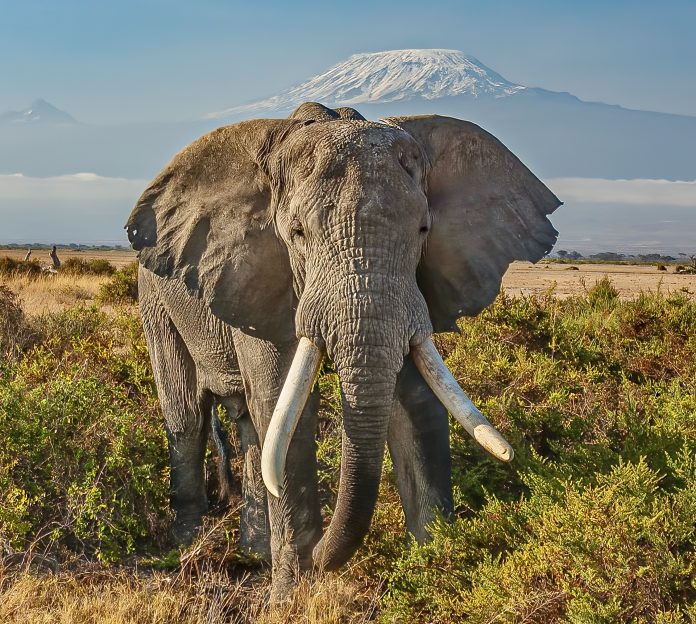
Shocking Undercover Investigation Reveals Illegal Elephant Ivory Sold Throughout Connecticut
You can help all animals and our planet by choosing compassion on your plate and in your glass. #GoVeg

You can help all animals and our planet by choosing compassion on your plate and in your glass. #GoVeg